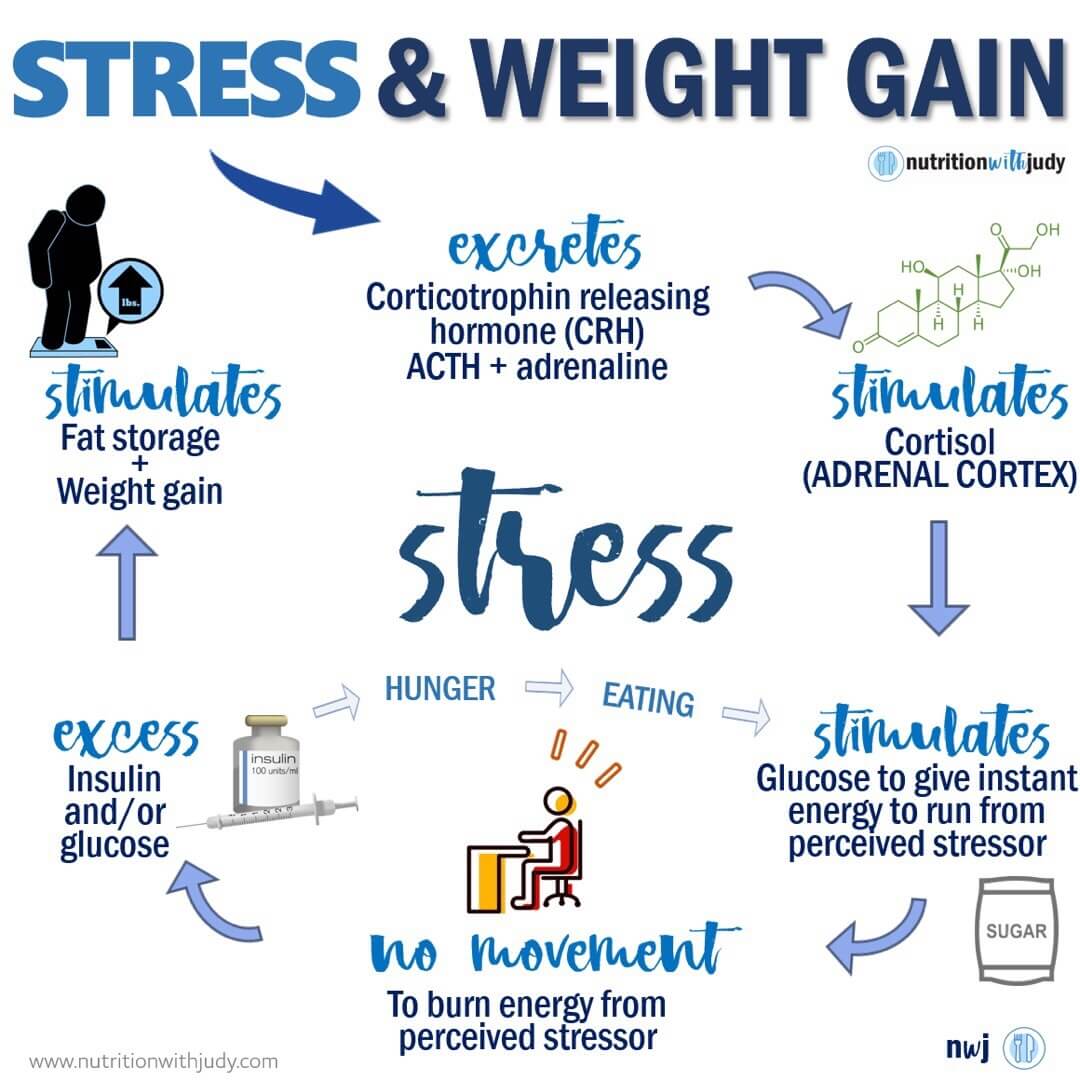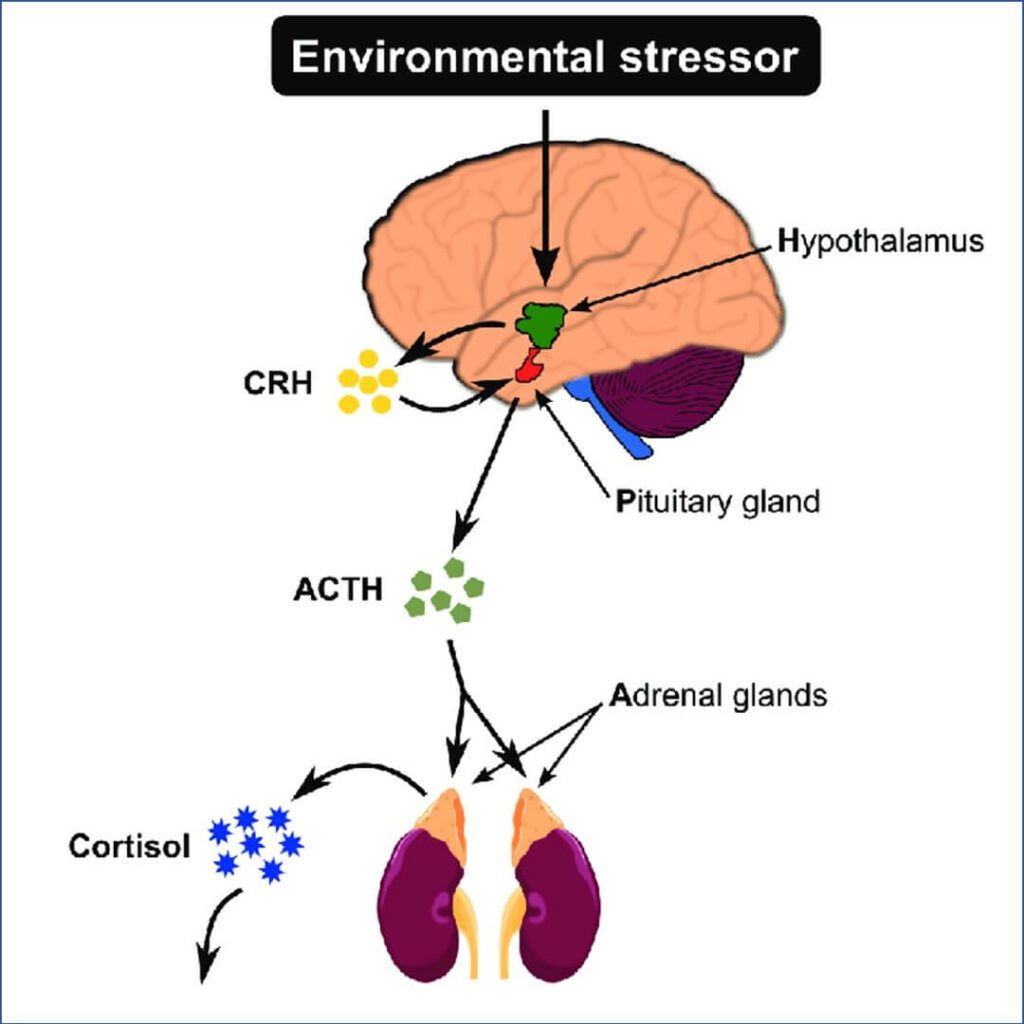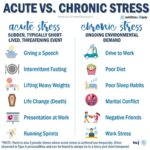

Microblog: The Stress and Weight Gain


Why does cortisol increase blood sugar? Because cortisol INHIBITS insulin production, allowing MORE sugar in the blood to circulate. In acute stress, the extra energy will be advantageous. In chronic stress this can exacerbate metabolic diseases such as T2D.
❓How does this impact the adrenals? The adrenals are the first to respond to stress but ironically, they’re also the first to fail under stressful conditions. The body possesses a complex system for adapting to stressful conditions. Our chance of survival depends upon the activation of the stress system which leads to both behavioral and physical changes.⠀
🔐The adrenals are critical in stress adaptation and regulation. Not only are they necessary for life, but they also play an essential role in energy production AND controlling the conversion of carbs, protein and fat into blood glucose. (imagine the tax of high stress + high carbs.)⠀
⚖️The adrenals partake in the electrolyte balance of cells, interstitial fluids, the blood stream, as well as fat storage. They also play an important component in the production of sex hormones, especially following menopause.⠀
🔅The ADRENAL CORTEX secretes 4 main hormone groups:⠀
1) glucocorticoids⠀
2) mineralcorticoids⠀
3) androgens⠀
4) estrogens⠀
🔅The ADRENAL MEDULLA secretes catecholamines:⠀
1) epinephrine ⠀
2) norepinephrine⠀
💡As all things in the body have a cost to be made, adrenal stress results in a greater need for many nutrients.⠀
🧬Tyrosine is a key raw material for the synthesis of catecholamines, epinephrine, norepinephrine, dopamine, T4 and T3. Stress increases the release of catecholamines which then deplete catecholamine levels in the body. This in turn also depletes levels of Tyrosine.⠀
❓What suffers? The synthesis of dopamine and epinephrine. Possibly T4 and T3.⠀
🧟♀️Cortisol also steals a lot of the vitamin Bs. The list goes on.⠀
💡Just from the last 2 posts alone, you should be able to see why using exogenous hormone support doesn’t get to the root cause. Maybe you’re deficient in tyrosine ultimately because of stress. Maybe it’s something else. Get to the root cause. Forever exogenous support should never be the answer.





